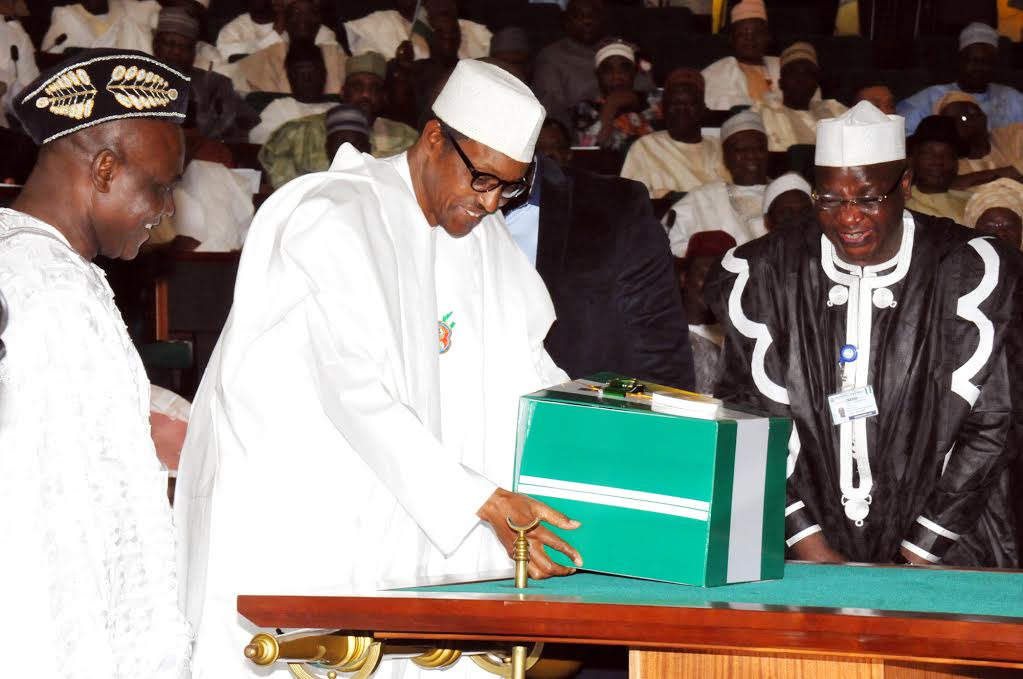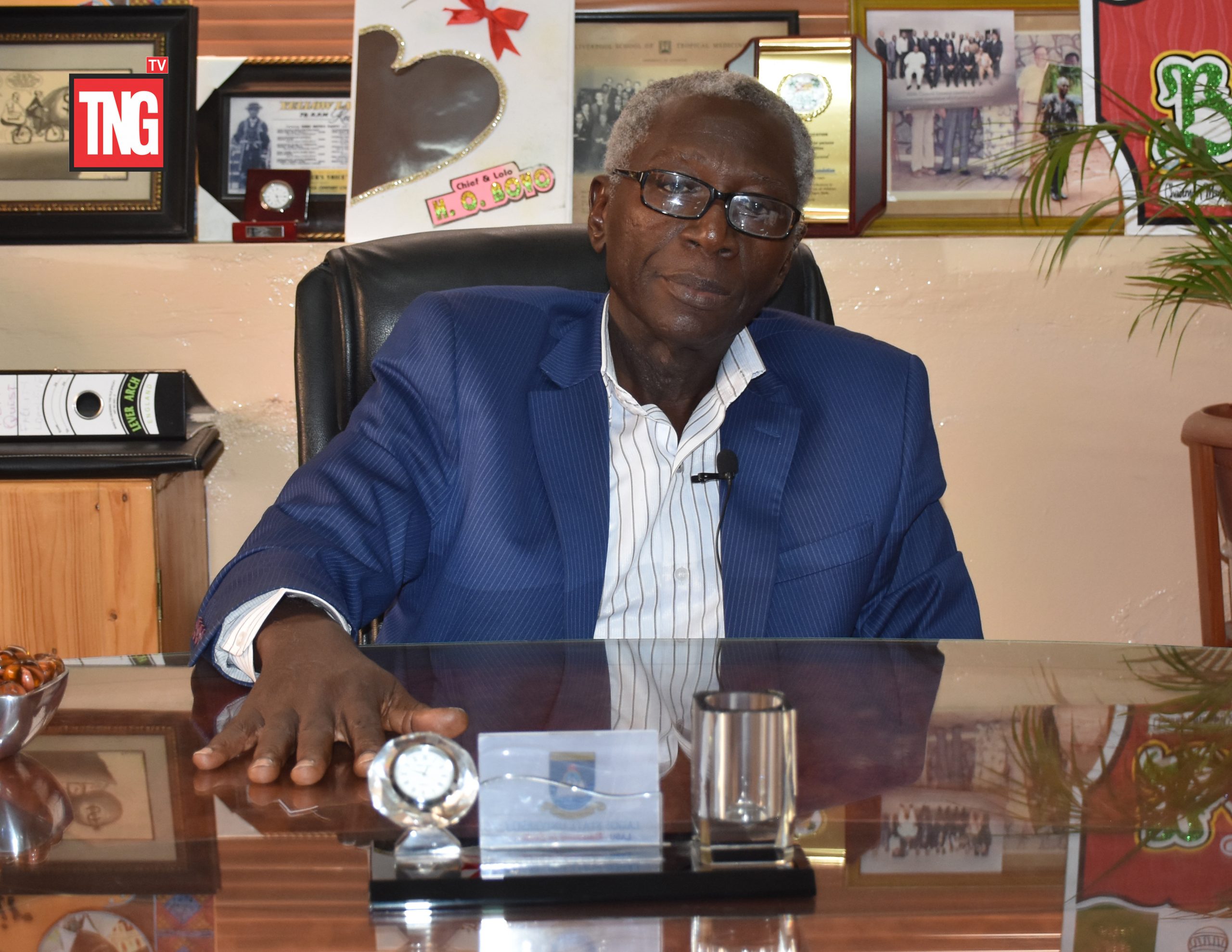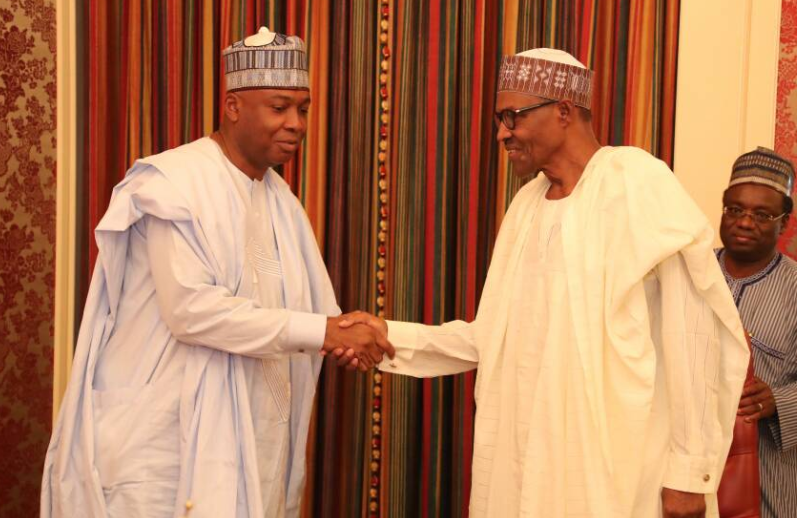By Henry Boyo
The National Assembly on 16th May, enacted a federal budget of ₦9.12tn. The increase by ₦508bn on the ₦8.612tn budget, earlier presented to the legislature in November 2017, by President Mohammadu Buhari, was reportedly agreed with the Federal Executive, after the benchmark for crude oil price was reviewed from $45 to $51/barrel, as export price steadily rose above $75/barrel.
Consequently, in 2018the Federal government will spend ₦2.2Tn for servicing debts, while recurrent and capital expenditure will receive ₦3.515Tn and ₦2.869Tnrespectively.
Incidentally, if the controversial expenditure of $496m (₦151Bn) for US Tucano Jets and unbudgeted annual fuel subsidy payments, often in excess of ₦1tn, were also captured, actual deficit may well exceed ₦3Tn($9Bn) i.e. over a third of the budget.
Ironically, the ₦2Tn deficit in this year’s budget will invariably, still compel additional borrowing, which will compound Nigeria’s already unsustainable debt burden, which presently gulps over half of aggregate income annually! Instructively, our compulsion to borrow despite the attendant oppressive rates, to fund “mischievously” projected annual deficits, has never been restrained, even when crude prices, rise rapidly above budget benchmark to unexpectedly consolidate revenue windfalls, which could significantly reduce the earlier projected deficit and the need for additional borrowing.
The above title was first published in November 2017. Hereafter, salient aspects of President Buhari’s initial 2018 Appropriation bill will be addressed in the following interrogative prose. Notably, the N508Bn increase in the Appropriation Act does not significantly affect the observations in that article, as the earlier projected deficit of ₦2.005Tn will be reduced by barely ₦51Bn. Please read on.
“In what way is the 2018 budget different from earlier fiscal plans which failed to stimulate inclusive growth?
Notably, apart from size, the 2018 budget structure is actually, the standard template that has deepened poverty nationwide for decades; for example, despite reports of copious house cleaning and the additional benefit of over N20bn monthly savings from the deletion of ghost workers’ salaries, plus reports of plugged revenue leakages, with several refunds and seizures of stolen public funds, and the adoption of Treasury Single Account, recurrent consumption, inexplicably, still, inappropriately, accounts for over 70 percent of 2018 budget.
Furthermore, the budget, is predicated as usual, on deficit financing, and is unexpectedly also silent, on the often unbudgeted and unauthorized huge allocations to subsidize petrol price at N142/litre.
Although 2018 budget was presented, marginally earlier in November 2017, it will nonetheless, still fail to align comprehensive capital budget implementation, with the institutionalized January – December fiscal year. Sadly, with the usual unforced, extended delays in budget passage, capital implementation will inevitably, become hurriedly compressed into less than 9 months and therefore, jeopardize accountability in the ultimate use of funds, and project quality. For example, regrettably, by November 2017, only N450bn had so far been released out of the N2.2tn projected capital budget.
Shouldn’t the highest ever budget of “N8.66tn” for 2018 inspire hope that the economy will be well funded to enhance social welfare?
Unfortunately, there is the popular misconception that bigger budgets should translate into poverty reduction. But in reality, this has not been so; unexpectedly, the incremental budget process has steadily bloated annual budgets, from less than N2tn in 2008 to N7.28tn in 2017, with, unfortunately no meaningful, positive social impact. Besides, 2011 budget of N4.48tn (when Naira was N150 =$1) is probably more, in real value terms, than the almost double N8.66tn in 2018, with $1=N305-60. So, we must not be fooled by quantum nominal leaps in budget spending; this is inevitable, if inflation remains in double digits, while CBN, also continues to bet against its own currency, with its clearly disruptive regular auctions of dollar rations in a market with surplus Naira.
In view of reduced revenue from crude oil, isn’t it expedient that government should borrow heavily to fund the budget deficit?
Yes, you borrow, if you can, when it is expedient, but you must responsibly, hesitate to increase your indebtedness, if 50 percent of your actual total income is already dedicated to service existing debts! Any advice to step up borrowing, would be enemy action, particularly when, the application of earlier loans yielded no succor. Expectedly, the ‘N2Tn’ plus projected 2018 deficit, will propel an already oppressive national debt, beyond $70bn and further compel larger allocations of scarce revenue for debt service in later years.
The scarcity of cheaper funds locally has encouraged Mr. President’s preference for a 60 percent shift to foreign loans. However, in addition to the current bid to borrow $3bn, will Government still seek more foreign loans to fund the 2018 budget?
The Finance Minster has clearly expressed preference for foreign loans, because she believes, they are cheaper with rates around 7 percent. However, it would probably be more responsible for her, to carefully interrogate, why cost of funds remain much higher in her own country, so as to align Nigeria’s borrowings with best practice rates, where responsible governments, generally pay between 2-3 percent on loans.
Ironically, Adeosun has suggested that Nigeria could even save about (N91.65bn) from the present $3bn foreign loan request before parliament! Conversely, however, such loans can ultimately expose us to forcible manipulation by economic imperialists, who will, usually demand a double pound of flesh! Besides, Nigerians should demand a sensible explanation why government borrows dollars externally at 7 percent, when our own CBN sits comfortably on billions of dollars, which it auctions to banks and liberally allocates to BDCs, at face value. Furthermore, why does the Apex bank also compulsively, borrow simultaneously, with indefensible high interest rates, to mop up and sterilise excess Naira liquidity from the market, particularly when the productive private sector is unable to access cheaper funds!
Nigerians, should be concerned that if Naira has tumbled from below N100 to N305 since 1998, a Naira rate beyond N1000/$1 is clearly also feasible in the near future, particularly if the, systemic perennial challenge of surplus Naira liquidity consciously instigated by CBN continues to be compounded with CBN’s unilateral dollar auctions.
How do you rate some of the sectoral allocations?
The size of sectoral allocations, does not serve as an index of development expectations, as higher allocations to various MDAs, never seem to make any real difference! However, the lion’s share of N555.88bn (about $1.5bn) for Housing, Works and Power, is clearly inadequate; for example, power alone, according to sectoral experts, requires over $100bn to stabilize supply. Invariably, government’s capital spending will also remain relatively marginal, relative to the actual requirement for expanded funding requirements in major sectors like Aviation, Shipping, Railways, Refineries, etc.
In practice, it is private sector businesses rather than government that actually drive successful economies; for this reason, if the right policies prevail, availability of cheaper funds for private sector investments would, invariably, become infinitely elastic; Consequently, it is rather inexplicable that government does not appear fully committed to concessioning as the highway to remediating our infrastructural deficit, without the unproductive, and ultimately oppressive accumulation of unsustainable debt burden. Furthermore, the 2018 budget shows a clear disregard of UNESCO’s expert progressive recommendation for 26 percent budget allocation for education, regrettably; in 2018, only 7 percent has been allocated to education.
So, what’s in the 2018 budget for the common man and for industrialists?
“Well, a significant reduction on inflation rate below 5 percent would be the most welcome simultaneous gift to all Nigerians; consequently, the 12.4 percent inflation target for 2018 is certainly inappropriate. Ironically, however, the projected 30 percent expansion of budget spending and the implementation of a higher minimum wage will unfortunately only fuel inflation rate to deepen poverty and constrain inclusive economic growth in 2018”.
Furthermore, lending rate is undeniably, a function of the rate of inflation; consequently, if inflation remains in double digit, cheaper cost of funds, below 10 percent, can never materialise for the productive sector to grow”.


